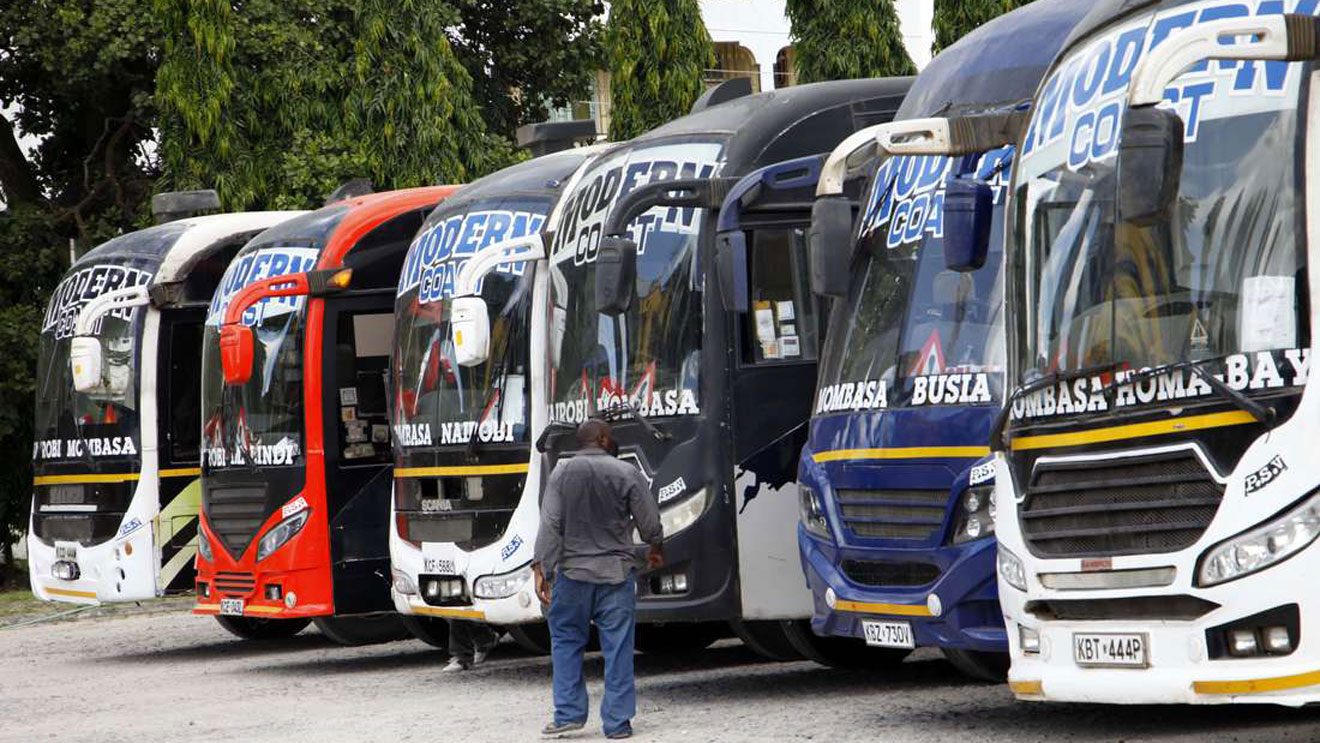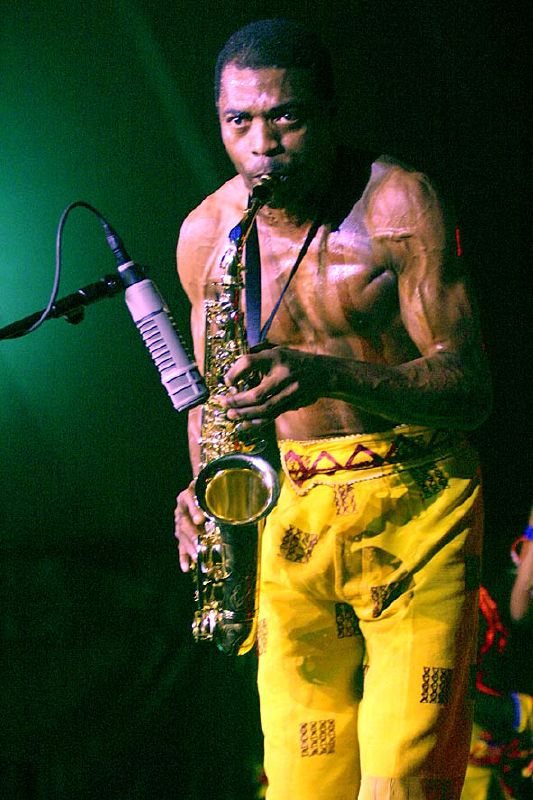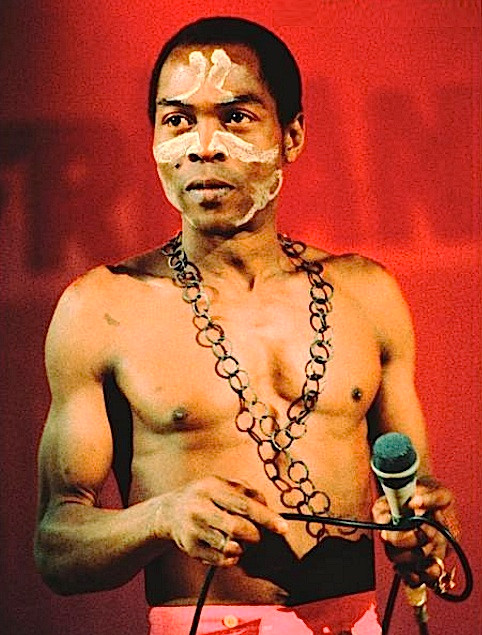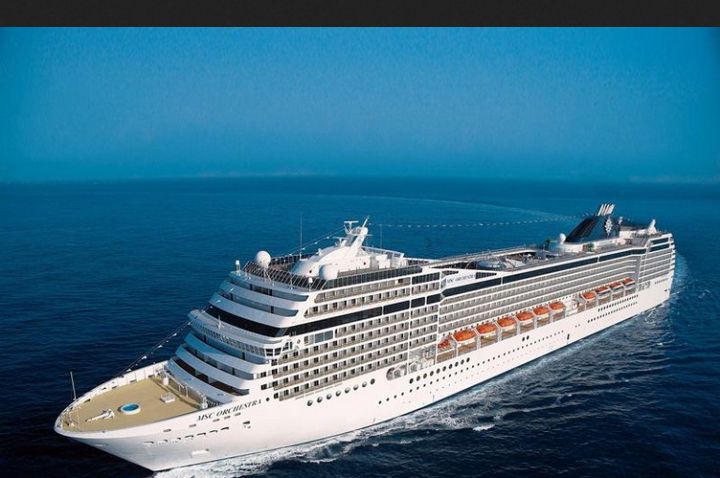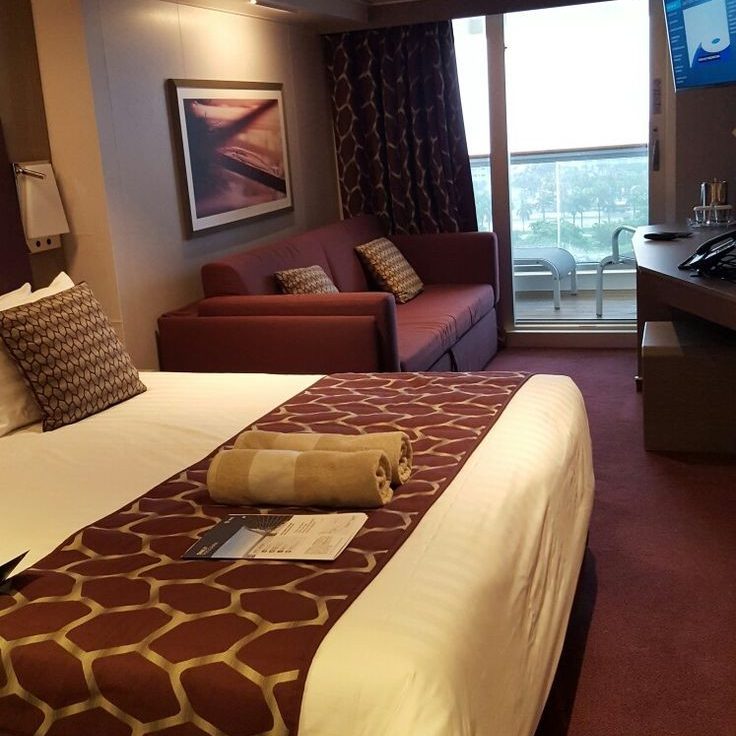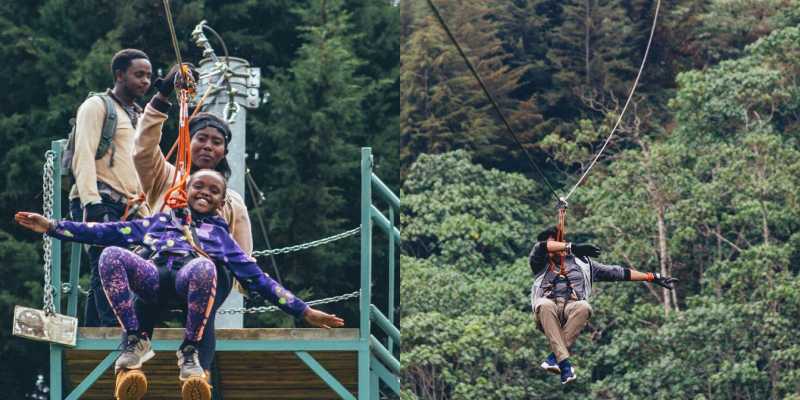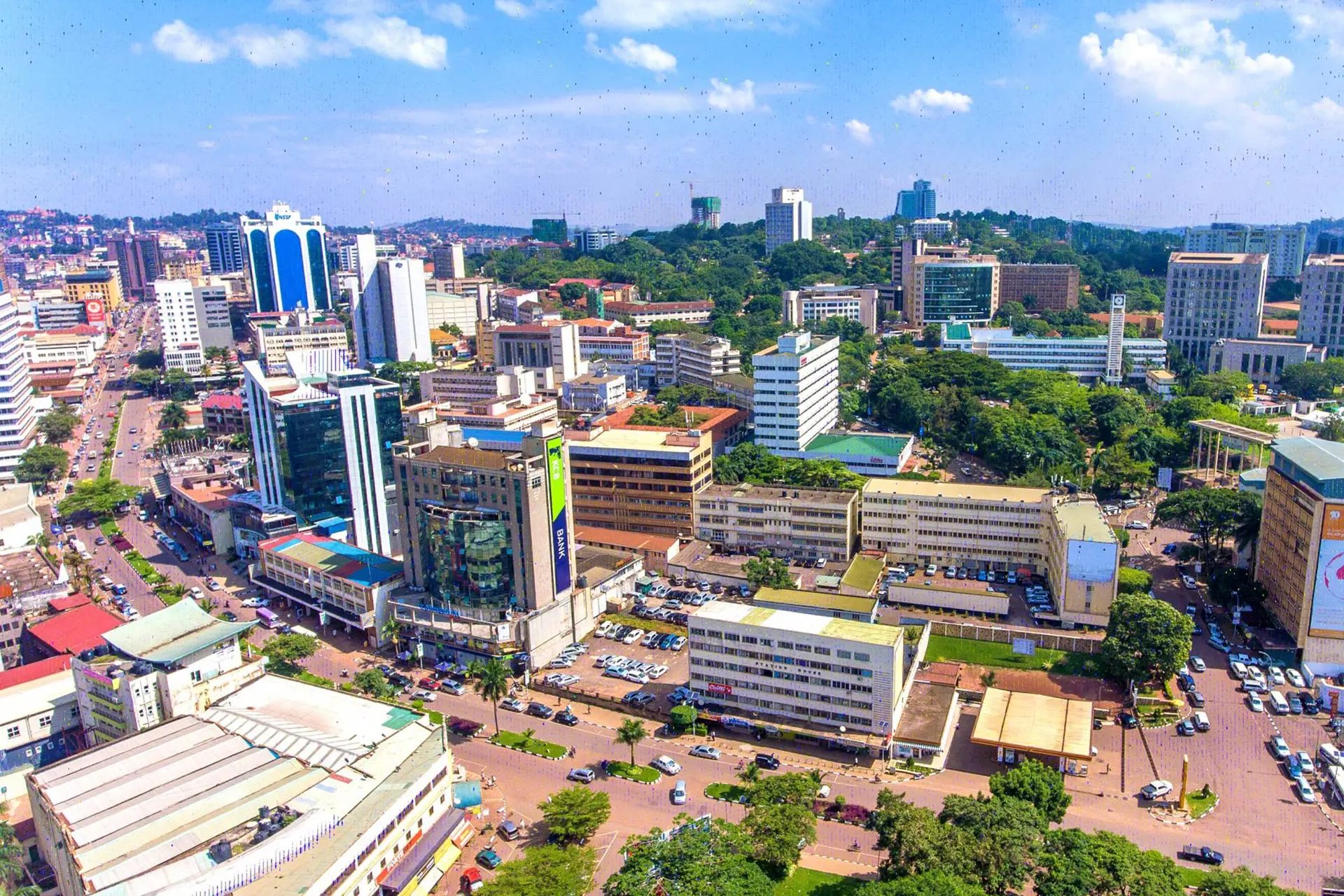How to Travel Between Nairobi, Kenya and Kampala, Uganda by Bus
Travelling between Nairobi, Kenya and Kampala, Uganda by bus is pretty straightforward. One bus takes you all the way. No transfers are required. The trip takes 12-14 hours. Day and night buses are available. In this guide, I outline buying tickets, pricing, bus schedules, ticketing office locations, luggage, safety, and more. I will also explain how to get the Uganda visa as it is not available at the border.

How to Buy Bus Tickets Between Nairobi and Kampala
I recommend you go down to the bus station at least a day in advance to buy your ticket. This route is pretty popular so the buses do fill up. The bus I was on was fully booked so I was glad that I already had my ticket. Remember to bring your passport with you when you go to buy your ticket. It is required for booking.
Tickets for this route can be purchased in cash at the ticket offices in Nairobi and Kampala. It may be possible to buy tickets online from some bus companies. If you’re buying your ticket in Kenya, you’ll probably have to pay with M-Pesa. This involves creating an account. If you’re purchasing your ticket in Uganda, you may be able to pay with MTN Mobile Money.
Which Bus Company to Go With?
This is a popular route. Several companies offering bus service between Nairobi and Kampala. Really, they are all more or less the same. If one has a more convenient departure time or a better price, go with them. From what I saw, prices are all about the same. Bus companies include:
There are probably more companies as well but these are the main four. I made the trip with Mash Bus. I was happy with the service. Their buses are new and comfortable. The service is safe and reliable. I can recommend them.
Where To buy Bus Tickets In Nairobi
Nairobi doesn’t really have a central bus station. Each company has an office where you buy your ticket and catch the bus. Unfortunately, these offices are located all over the city. Most are found within the CBD. Some are in Eastleigh. It is possible to walk around a bit and check pricing and departure times because most offices are within the same general area.
For the exact location of the ticket offices either click the following Google Maps links or copy and paste the plus code into Google Maps.
- Mash Bus- The ticket office is located in Nairobi CBD on the corner of Duruma Road and Accra Road. (PR9G+5X Nairobi, Kenya)
- Modern Coast- The ticket office is located in Nairobi CBD on Cross Lane. (PR9H+65 Nairobi, Kenya)
- Easy Coach- The ticket office is located at PR6H+CC Nairobi, Kenya
- Dreamline- The ticket office is located at PR9G+6X Nairobi, Kenya
You can get to the bus ticketing office in Nairobi by taxi, Uber, matatu shared bus, or on foot if you’re staying downtown.
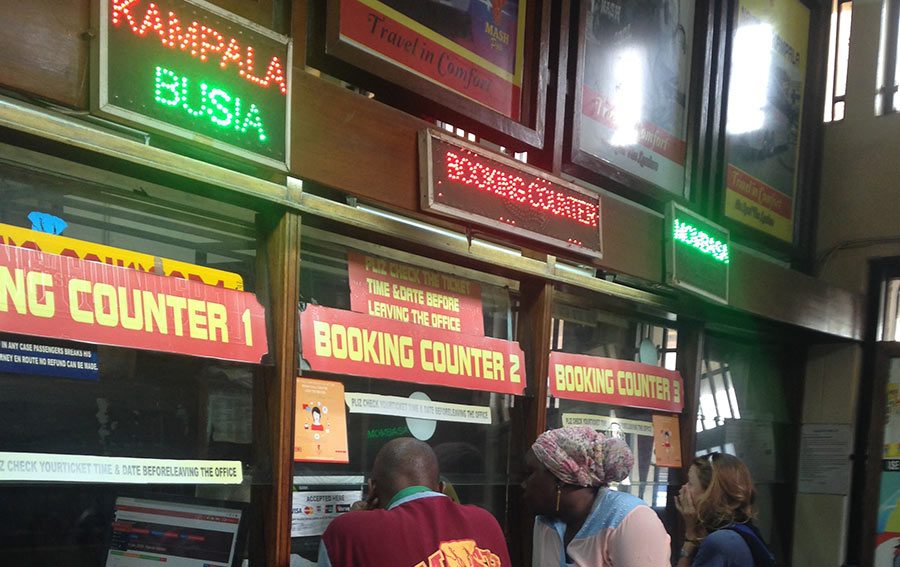
Where to Buy Bus Tickets in Kampala
All of the bus ticket offices are conveniently located in the same general area on De Winton Street in central Kampala. When you go to buy your ticket, you can easily check the departure times and prices for each of the following companies and choose the most convenient and best value bus.
For the exact location of the ticket offices either click the following Google Maps links or copy and paste the plus code into Google Maps.
- Mash Bus- The ticket office is located at 8H8Q+3R Kampala, Uganda
- Modern Coast- The ticket office is located at 8H8Q+2P Kampala, Uganda
- Easy Coach- The ticket office is located at 8H8R+JQ Kampala, Uganda
- Dreamline- The ticket office is located at 8H8Q+4V Kampala, Uganda
You can get to the bus ticketing office in Kampala by taxi, boda boda motorcycle taxi, rideshare, or on foot.
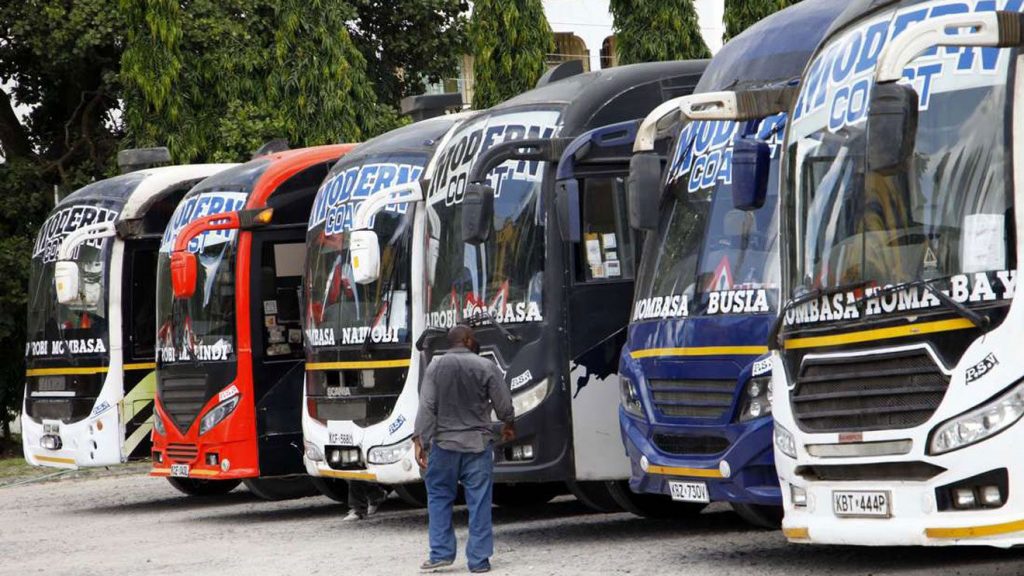
Bus Ticket Prices Between Nairobi and Kampala
The average price for this trip is about $20-$25 depending on the company and class that you choose. The more expensive buses offer air conditioning. VIP seats are also available. These seats are larger and recline further which makes sleeping a bit easier.
The air-conditioned version of MASH bus is called MASH COOL. The non AC bus is called MASH POA.
Nairobi to Kampala Busses
Mash Bus offers this route two times every day. One leaves at 5:00 pm and one leaves at 6:30 pm. There are 3 ticket options for the 5 pm MASH POA bus:
- VIP class costs 2,600 KES
- Business class costs 2,400 KES
- Regular economy class costs 2000 KES.
There are 2 ticket options for the 6:30 pm MASH COOL bus.
- VIP class costs 3,500 KES
- Business class costs 2,500 KES.
I went with business class on the 6:30 pm bus. All of the seats looked exactly the same to me. I don’t know if different classes actually exist or they are just trying to upsell tickets for more money. Who knows? Next time, I’d just buy an economy class ticket.
I went with business class on the 6:30 pm bus. All of the seats looked exactly the same to me. I don’t know if different classes actually exist or they are just trying to upsell tickets for more money. Who knows? Next time, I’d just buy an economy class ticket.
Facilities and Bathrooms on the Bus
Most of the buses don’t have bathrooms. The drivers don’t make many bathroom stops either. Sometimes only once every 6 hours or so. I recommend you try to limit your liquid intake during the ride. You may not have many opportunities to use the bathroom after the journey gets started.
Most of the buses have electrical outlets for charging your devices. In my experience, these usually don’t work. If you want to use your phone during the trip, consider bringing a power bank.
Arriving in Kampala
The bus arrived at around 7 am. We sat in traffic for a couple of hours before making it to the center of the city. The Mash Bus station is located on De Winton Street kind of near Said Barre Avenue.
It is just a block off Jinja Road which is a main road in Kampala. From there, minibusses and taxis are available which can take you anywhere in the city or if your destination is in the city center, you can just walk. You’ll also find ATMs, restaurants, and hotels within walking distance of the bus station.
Arriving in Nairobi
The bus will drop you off in the CBD. If you’re arriving early in the morning or late at night, you’ll probably want to take a taxi or Uber to your hotel or hostel. The area isn’t particularly dangerous but it’s probably best not to walk around with all of your travel gear just in case. Within walking distance of the bus stations, you can find ATMs and restaurants.
What to Expect Traveling from Nairobi to Kampala by Bus: My Experience
The bus leaves from the same place you bought the ticket. Most bus companies offer a small waiting room where you can sit if you arrive early. I recommend you just camp out in there until the bus arrives as the street is quite busy with people who will try to sell you stuff or potentially run scams.
If someone on the street approaches you and tries to tell you that the tickets are sold out, don’t believe them. Go into the ticketing office and see for yourself. These guys are just trying to sell you a ticket on a lower class bus and earn a commission.
The buses I rode was air-conditioned and was overall in decent condition. It was surprisingly comfortable. You may want to bring a sweatshirt as the AC got cold at night. It was probably one of the best buses that I rode in Africa.
The bus left Nairobi on time and Arrived in Kampala at around 7 the following morning. It was around a 12-hour ride from Nairobi to Kampala.
Final Thoughts- Nairobi to Kampala by Bus
Overall this trip is pretty hassle-free and comfortable by African bus standards. The bus was in good condition, had AC, and arrived on time. Everyone I encountered along the way acted professionally including the immigration officials and bus company employees.
If you’re trying to decide between flying and taking the bus, I recommend you save the money and take the bus. Flying between the two cities will cost $200-$300. The bus ticket costs as little as $20
